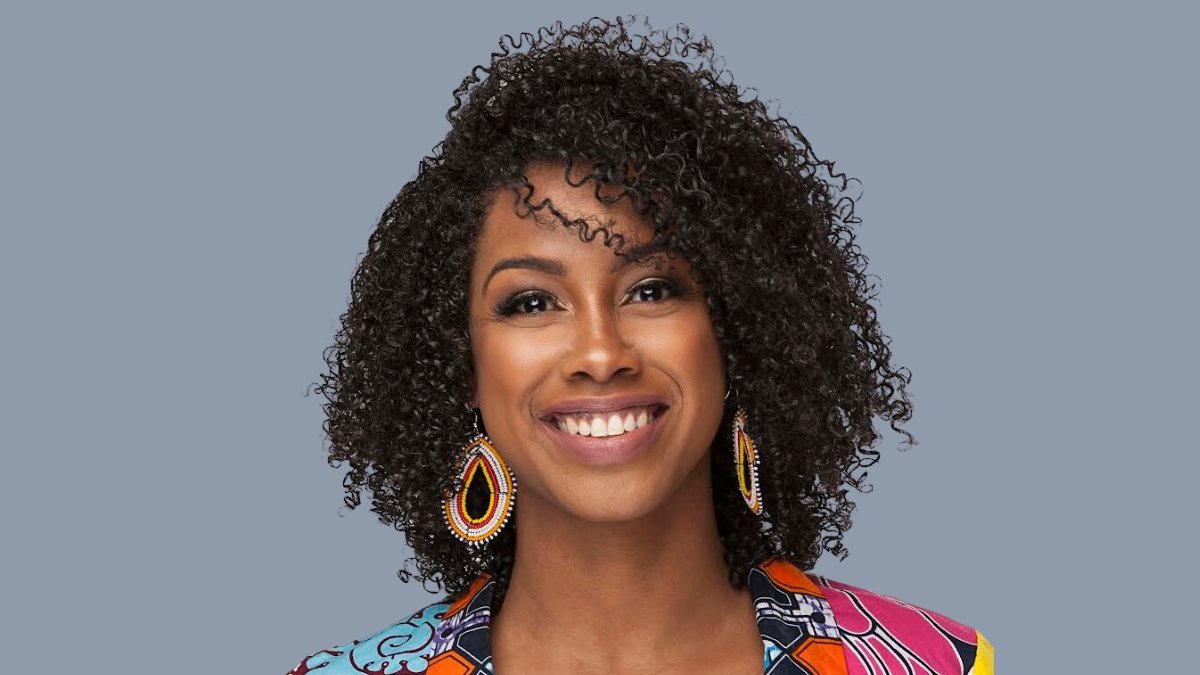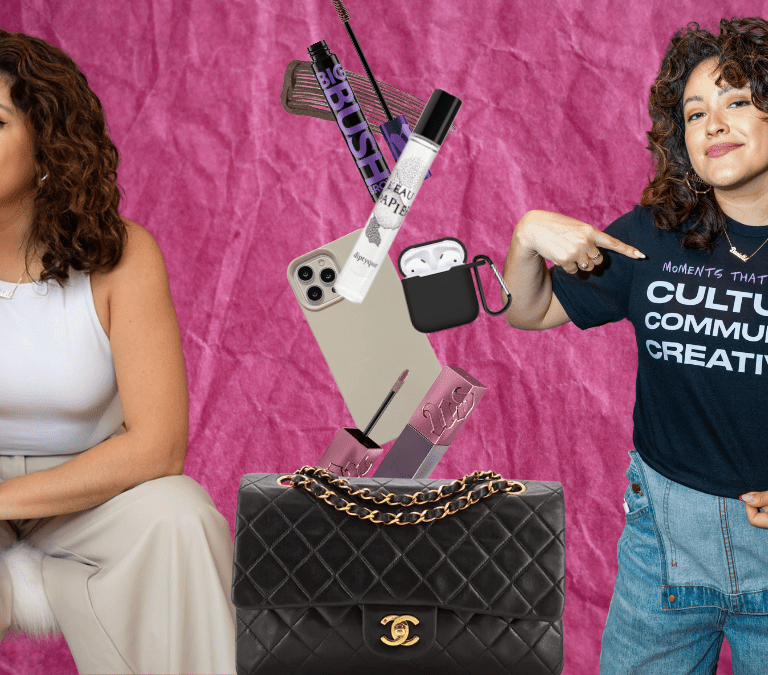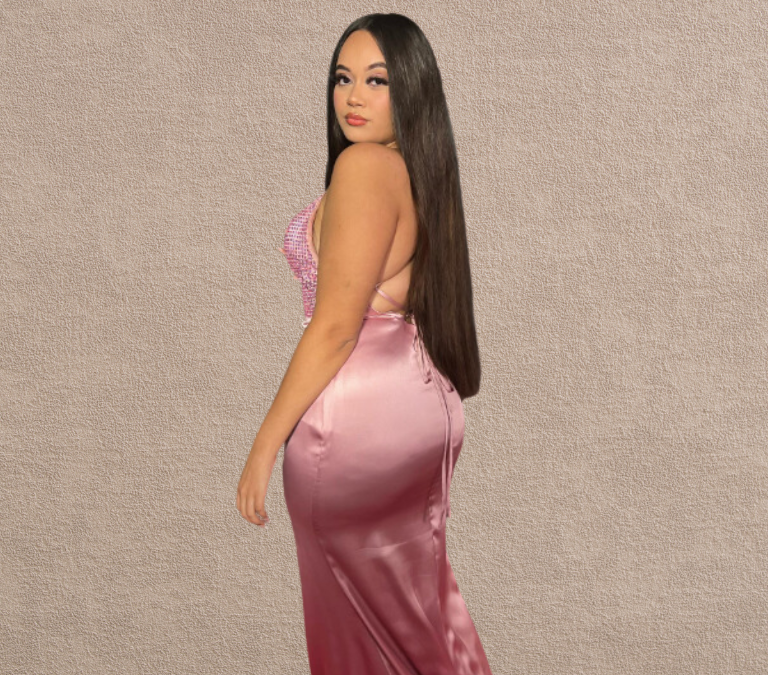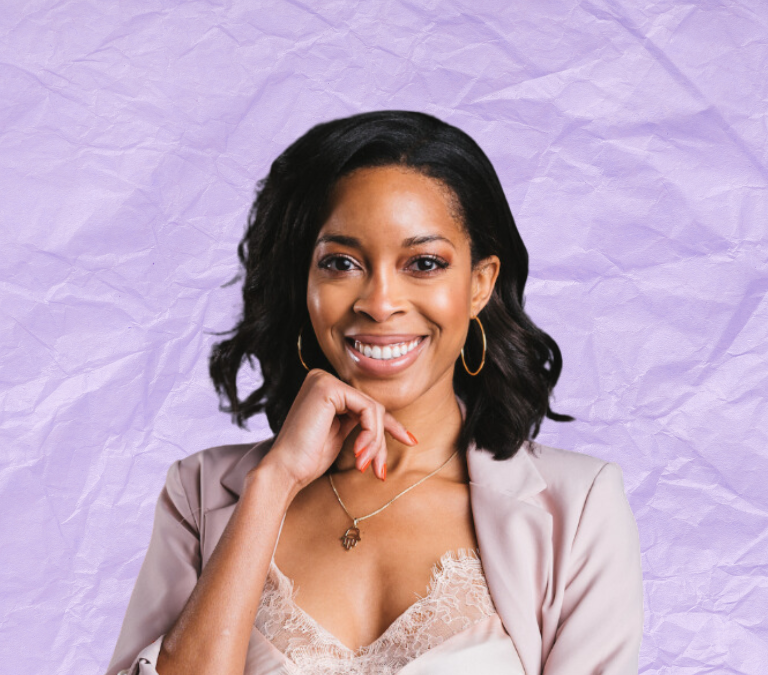
When it comes to beauty and mental health, there’s a lot to unpack. That’s why, in honor of Mental Health Awareness Month, we sat down with Dr. Afiya Mbilishaka, an award-winning psychologist and hairstylist who specializes in the correlation between Black hair and mental health.
The PsychoHairapy founder speaks to us about her own hair experience and what non-women of color can do to support the complexities of this topic. Keep reading as she uses the power of storytelling to bring us along on her journey.
RB: You’ve written “obsessively” about Black women, hair, and mental health. What would you say are the pros and cons of today’s current beauty standards?
AM: Today, many people want to see growth, shine, and bounce in their hair. Many styles focus on protection, like braids and twists, or even wigs and weaves. These hair goals can be achieved by drinking water, exercising, eating a nutrient-dense diet, and getting rest. These are pros. However, when people force their hair to do things it does not naturally want to do, many people engage in beauty practices that are damaging (excessive heat) or toxic (products that cause tumors).
RB: How does that compare to when you were growing up?
AM: Hair length and texture were the most important beauty standards when I was growing up in the ‘90s. Stretching of curly and coiled Black hair was the Black girl playground pastime and lunchroom activity. Taking out braids and unraveling twists held by colorful clips on the monkey bars while being watched by paraprofessional staff was an everyday affair. This process needed to be observed carefully by a quorum of girls to make sure there were no extended back leans that would make the hair appear to be longer down the back. Coats had to be removed for this process for accuracy and consistency to make sure the hair laid as flat as possible on the back. Each entrant had to remain completely still and stiff. The frazzled ends of the very longest strands were grasped with the shrimpy fingers of seven- and eight-year-old melanated hands. The marking of the line was finalized with a deep and lingering poke to the back to kinetically demarcate length to the blinded contestant. This was a fair and regulated contest. Black girls that had gone through the exalted rite of passage to chemical relaxer expected additional inches but would be surprised that as the weeks went by their hair seemed to be getting shorter. Black girls with beaded braids or extensions would have to forfeit their position until all adornments and added hair was removed. This sport was cutthroat, as everyone wanted the coveted position of having the longest hair, or at least being in the top three for your specific class.
RB: You seem to have a positive relationship with your hair. How would you describe your own hair journey?
AM: My hair journey was always positive because my mother built a strong base as a child. My mother and I had our own grooming process on Sunday nights to get ready for school. She would run lukewarm water in the upstairs white bathtub. While the water ran, I would get undressed, and my mother would unbraid my hair from the previous week’s style. I would enter toe-first and then squat all the way down as my body got acquainted with the water temperature. My mother would guide me with her hands to lay my back flat on the bottom of the tub to submerge my hair and then my head to create a circle of water just above my ears. She would direct me to lean up and lean on my elbows with my head tilted back, while she squeezed a bottle of light pink bubblegum-smelling shampoo on my hair and scalp. This was followed by a cranium massage. After rinsing all the suds from my black waves and coils, she followed this with a conditioning treatment. Assisting me out of the tub, my mother instructed me to dress in my pajamas and meet her in her room.
RB: The relationship Black women have with their hair can be layered/complex. What do you wish more non-WOC knew about it?
AM: Hair can be an indication of a Black woman’s emotional and psychological state. Hair is a complex language system that can reveal identity and distress. Non-WOC can learn this language and respect it. Not necessarily by asking WOC, but by doing research because there are rich historical records, pop culture slang, and trends that are available online.
RB: What advice would you give someone struggling with their hair identity? What are actionable steps we as a society can take to help?
AM: Hair is the most changing part of our bodies on a day-to-day basis and it can hold a lot of our joys and frustrations. To take action, consider talking to others about your frustrations, this may help to develop new coping mechanisms for hair stress. Engage in deep relaxation activities to soothe or distract yourself when overwhelmed by your hair.
RB: Tell us about PsychoHairapy. What has been the response to it? And what have you learned about yourself since launching it?
AM: PsychoHairapy is using hair as an entry point into mental health care. Primarily, I train hair care professionals mental health first aid, and I’ll be transitioning to offering psychotherapy for hair stress and hair loss soon. The response has been extremely positive. Hair care professionals recognized that they needed support around the language of emotions and interventions. Many report that the training itself was life-changing and therapeutic, as no one ever talks about the complexities of mental health and hair. Many stylists are now offering support groups for clients after the training.



